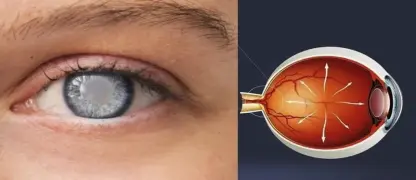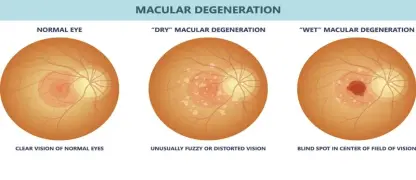Are your period pains more than just cramps? It could be endometriosis, a common yet often misunderstood condition. Recognizing the signs is the first step toward getting an accurate diagnosis and finding relief from chronic pain.
What are the main causes of Endometriosis?
- The exact cause is unknown, but the leading theory is retrograde menstruation, where endometrial-like tissue flows back through the fallopian tubes into the pelvis.
- This displaced tissue then implants and grows outside the uterus, responding to hormonal cycles by thickening, breaking down, and bleeding, causing inflammation.
- Genetic predisposition plays a significant role; having a close relative with the condition greatly increases your own risk of developing it.
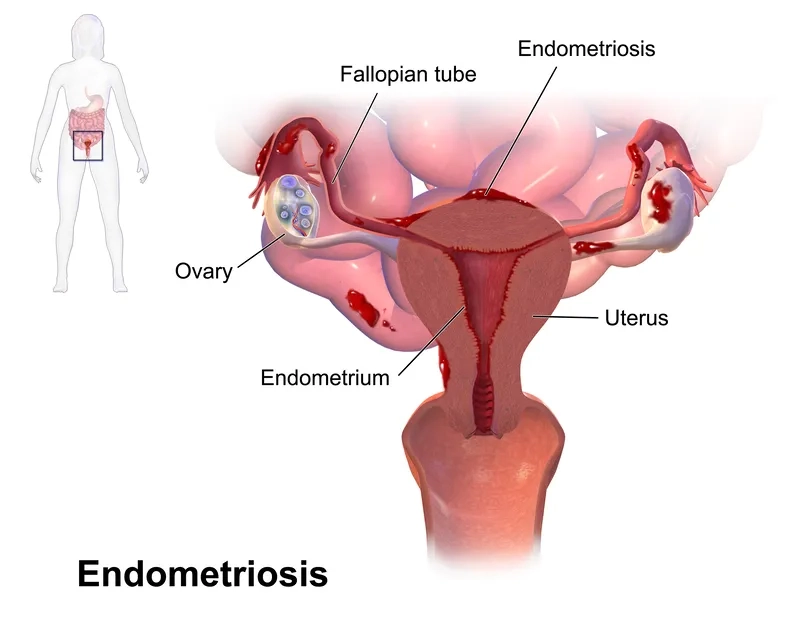
Key symptoms of Endometriosis to watch for
- Severe menstrual cramps and chronic pelvic endometriosis pain that often worsens over time are the most common signs of the condition.
- Other key endometriosis symptoms include pain during intercourse, painful bowel movements or urination during periods, and excessive bleeding.
- Many women also ask, "Can endometriosis cause infertility?"—and unfortunately, it is a leading cause of fertility problems for many individuals.
How can you manage Endometriosis effectively?
- While not preventable, early diagnosis and treatment can slow progression and manage symptoms, improving your overall quality of life significantly.
- Some studies suggest that an anti-inflammatory endometriosis diet, rich in fruits, vegetables, and omega-3s, may help reduce inflammation and pain.
- Regular exercise and stress-reduction techniques can also help manage chronic pain and improve well-being for those living with the condition.
>>> Don't miss: Von Willebrand disease - a guide to the bleeding disorder
Image of the disease Endometriosis, uterine lining

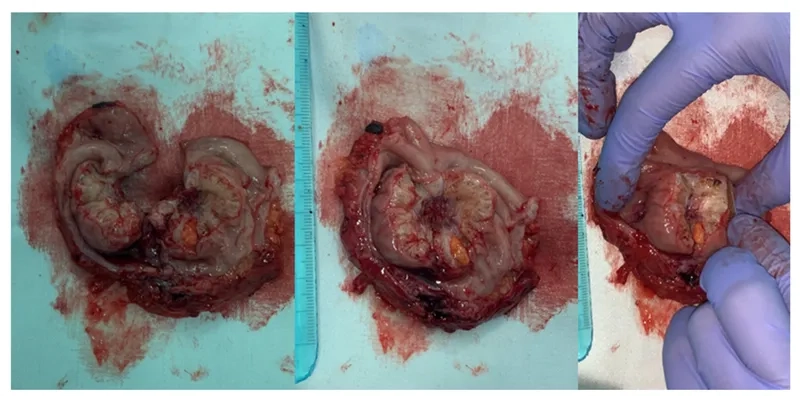



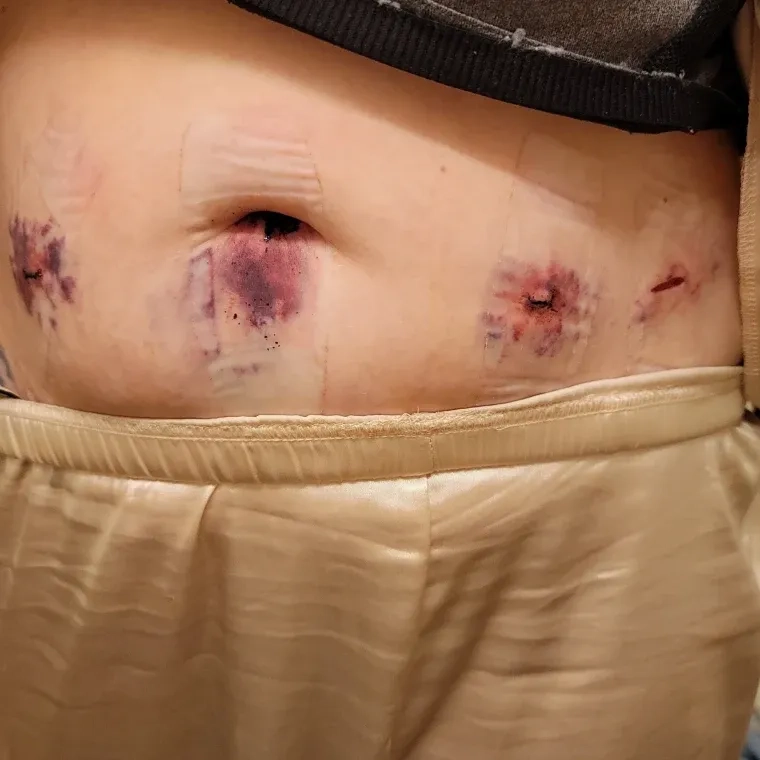
>>> See more: Chronic fatigue syndrome - navigating your life with ME/CFS
An accurate endometriosis diagnosis often requires a laparoscopic procedure. If you experience severe symptoms, consult a gynaecologist to discuss treatment options, from medication to potential endometriosis surgery, to reclaim your health.
>>> Don't miss: Hemophilia - modern treatments and comprehensive care guide



